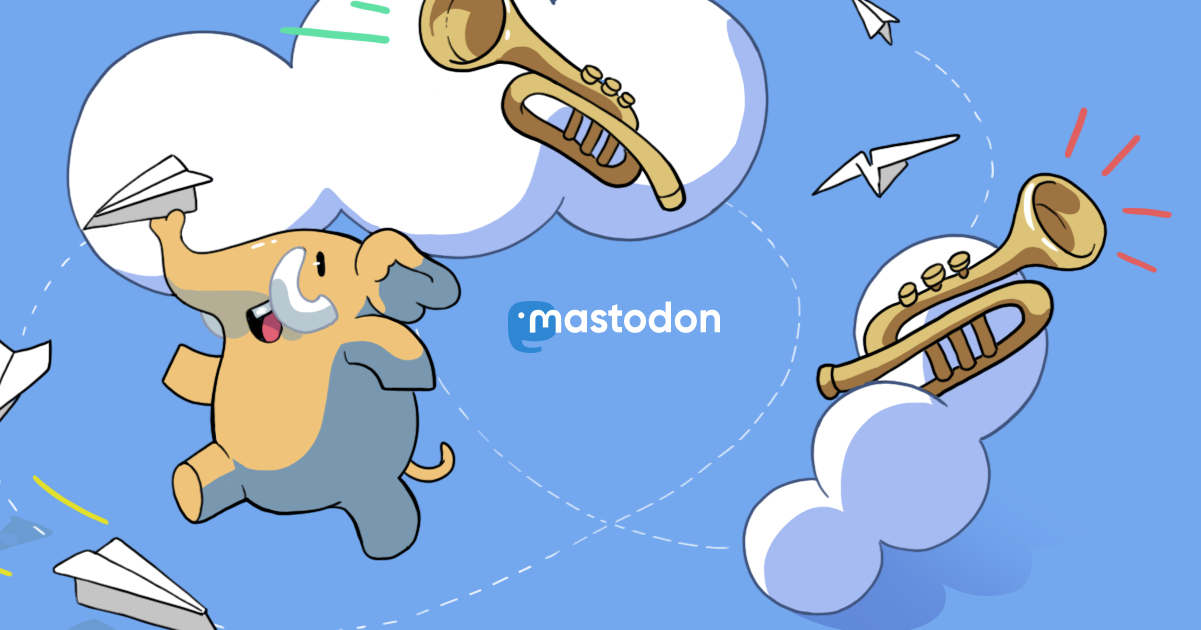there seems to be a growing anger in the internet underground toward good and non-malicious actors in the space like CloudFlare and Signal simply because they chose to build centralized systems, as if centralization is an inherently bad thing.
i wonder how many of those people so complaining also avail themselves of 12-36h amazon delivery.
centralization gives huge efficiency wins. decentralized is not always better.
@sneak There's efficiency wins to be had with centralization, sure, but what people are increasingly sick of is the monoculture and the monopolistic tendencies that seem to automatically go with it. There's been plenty of non-malicious actors that did, in time, turn malicious, and peope are weary. With decentralized services, you can at least move if things start going dick-shaped.
Let's turn your statement around: decentralization gives huge freedom wins. Centralized is not always better. ;)
@doenietzomoeilijk centralized has always been better in practice so far. no decentralized system has ever made an OS that's useful to non-nerds, for example.
@raphael @doenietzomoeilijk people who don't care about efficiency are people who have never helped build, design, or finance infrastructure for hundreds of millions of active users (and i'll put money on the fact that they never will, with that approach).
@raphael @doenietzomoeilijk you're arguing for a restriction on freedom of association, which is a violation of human rights. it's insane to advocate that people should not be able to use the products and services they freely choose to do so. keep your opinions out of my business.
@sneak @doenietzomoeilijk not at all. Don't be silly. Plenty of companies have been broken apart and no one claimed violation of human rights. They can still work/collaborate and do business. What I am against is having systems that become "too big to fail".
@raphael @doenietzomoeilijk i just claimed violation of human rights.
@sneak @doenietzomoeilijk alright, let me rephrase it: plenty of cases where companies were broken apart and never got to be overruled on grounds of it being a violation of human rights.
@raphael @doenietzomoeilijk very few governments, perhaps zero, have cared enough about human rights to preserve them vigorously.
Ok, I'll concede that "not allowing any entity to have more than X amount of users" is not the right way to go about it.
You still need to make the case that efficiency gains from centralization are a net win for society(ies), despite the increased risk of systemic collapse ("too big to fail" industries), correlation with corruption and abuse of power (MSFT/GOOG/FB/APPL/any fucking tech company with more than 100 employees), and that it *never* favors individuals
Just as an example: when the big 4 meat packers collude to choke small producers, are the ones that give in to the lowball offers "freely associating"?Are you as customer "choosing" anything really?

@sneak @doenietzomoeilijk you are right. I do not want to have millions of active users. And I think that no single entity (person or company) should even be allowed to.